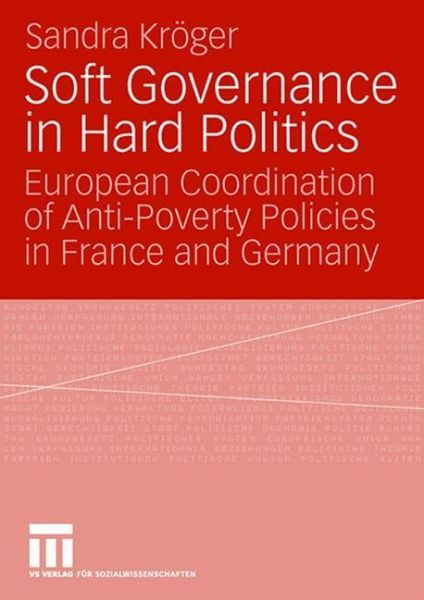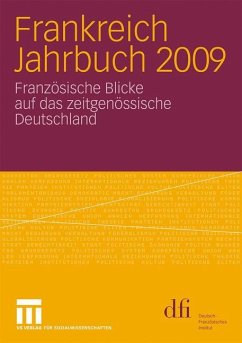
Soft Governance in Hard Politics
European Coordination of Anti-Poverty Policies in France and Germany

PAYBACK Punkte
0 °P sammeln!
The present study addresses the governance architecture of the much debated Open Method of Coordination (OMC) in the field of social inclusion and evaluates its implementation in France, Germany and at EU-level. Based on indicators and extensive empirical research, it assesses both the effectiveness and the legitimacy of the OMC and comes to disillusioning conclusions: Due to the political resistance of member states governments, anti-poverty policy could not be Europeanised through the OMC which unfolds as a very weak governance architecture; the general framework of negative integration woul...
The present study addresses the governance architecture of the much debated Open Method of Coordination (OMC) in the field of social inclusion and evaluates its implementation in France, Germany and at EU-level. Based on indicators and extensive empirical research, it assesses both the effectiveness and the legitimacy of the OMC and comes to disillusioning conclusions: Due to the political resistance of member states governments, anti-poverty policy could not be Europeanised through the OMC which unfolds as a very weak governance architecture; the general framework of negative integration would remain unchanged by this non-binding instrument while the latter would support policy-making in closed, instransparent circles of not democratically mandated representatives and therefore would do little to decrease the democratic deficit of the EU - however one of its original ambitions.













